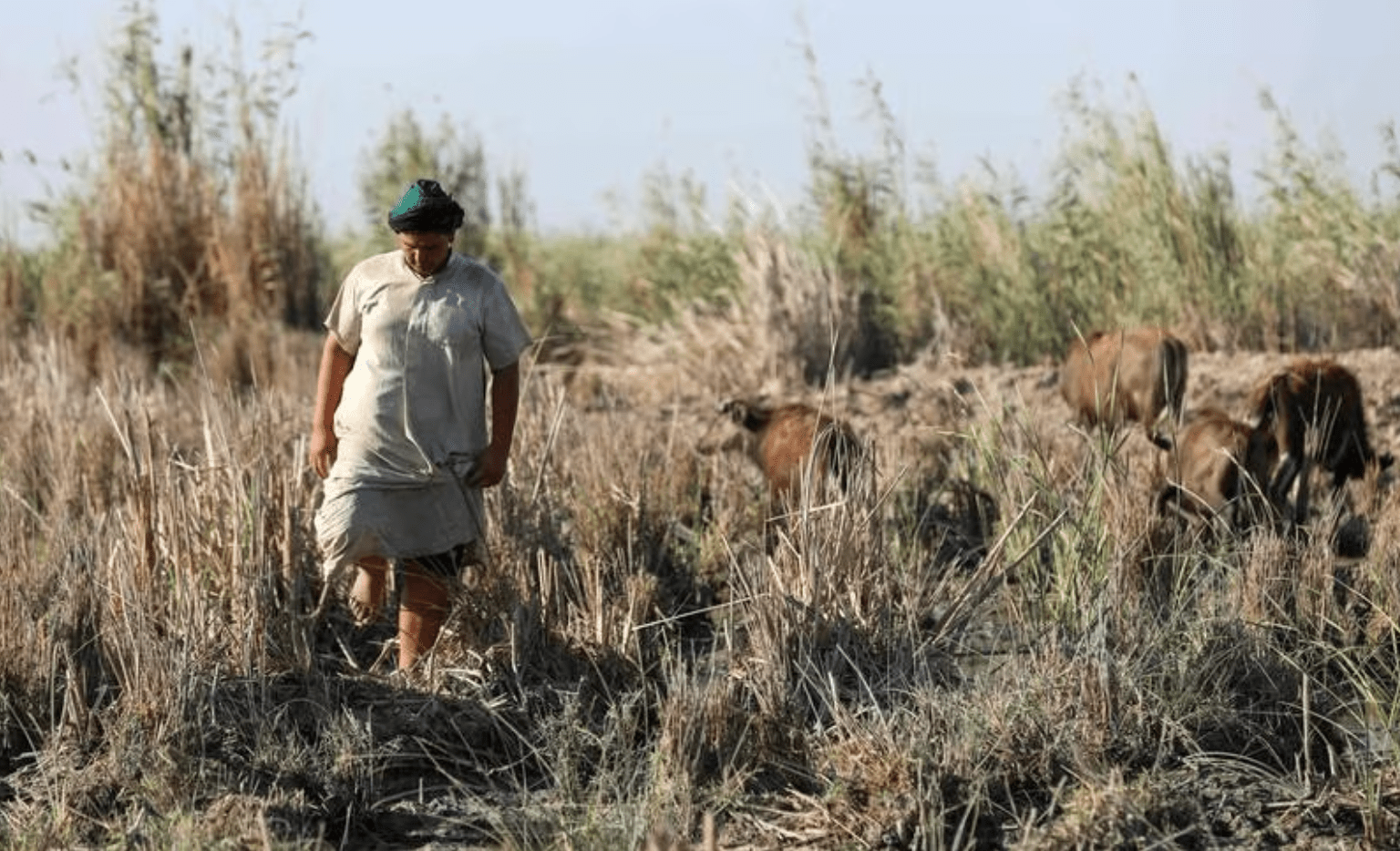Stabilising the Earth’s climate is arguably the most challenging collective feat our species has ever attempted to accomplish. There is no clearer evidence of this than the amount of time the world’s nations have been aware of the problem – more than three decades – and have, nonetheless, failed to deliver on action.
The Kyoto Protocol, a legally binding document agreed in 1997 at the third meeting of the Conference of the Parties (Cop) to the UN Framework Convention on Climate Change, was meant to represent a turning point in that regard. But the US failed to ratify it, and Canada, Russia and Japan (where the protocol was signed) eventually withdrew their support.
The Paris Agreement, put forth at Cop21, has been ratified by 195 countries, but experts agree that too many of them are behind on meeting their commitments. As a result, the world is unlikely, as things stand, to meet its goal of preventing the average global temperature from rising more than 1.5ºC above pre-industrial levels.
Dr Sultan Al Jaber, President-designate of Cop28, which will be held in Dubai in November, insists that this pattern can be broken. On Thursday, at a 26-nation climate meeting in Brussels, Dr Al Jaber set out his vision for the UAE summit, calling “on all of us to disrupt business as usual, unite around decisive action and achieve game-changing results.”
Stabilising the Earth’s climate is the most challenging collective feat our species has ever attempted to accomplish
In addition to carrying out the first-ever “global stocktake” of progress on limiting emissions, Cop28 will be based around four pillars: fast-tracking the global energy transition, fixing climate finance, focusing on lives and livelihoods and ensuring inclusivity.
All four address issues that have dogged successive climate talks for years. The world’s need for cleaner sources of energy – and more efficient energy use – is now widely accepted as a priority. But the question of “if” has been replaced by the question of “when”, and the answer is that expanding renewables and decarbonising come soon enough.
Dr Al Jaber’s goals show a clear-eyed determination on this front. They include trebling renewable energy output, doubling energy efficiency measures and producing 180 million tonnes of hydrogen in the next seven years.
But there are certain ground realities that must be confronted, with a particularly challenging one being ensuring that any energytransition is fair to the developing world. This not only means addressing thorny issues like the undeniable role of fossil fuels in the global economy, but also building an international climate finance system that can support mitigation and adaption measures for the most vulnerable countries. The world’s poorest nations bear relatively little responsibility for its climate predicament, and Cop28 organisers are calling on donor countries to double their funding for adaptation measures over the next two years, as well as to arrange $100 billion in annual climate funding “well ahead” of the Dubai summit.
The third and fourth pillars of Cop28 are designed to ensure that climate action is not just seen as an intergovernmental negotiation on science and the environment. It must be seen by everyone as a matter relevant to them individually, in the way it affects their health, their livelihoods and their relationships with each other. Cop28 will distinguish itself from its predecessors by featuring discussions on the relationship between climate change and health.
The Cop28 President-designate has laid out a clear and robust plan, stating that the world can only succeed in defeating climate change by “engaging every person, every generation and every corner of society”. That may sound ambitious, but it is ambition on exactly the scale that will be needed for a task as monumental as shifting the gears of humanity’s relationship with nature once and for all.
